Teachers shape the future of our world. They educate our future leaders, and the responsibility of our planet lies in their hands. Quite often we don’t give teachers the credit they deserve. I mean, first of all they spend all day with kids!
Something that would drive most of us mad. But beyond that they do so much more. Not only do they teach our children but, because they spend more time with our children than we, as parents do, they are trusted with caring for their wellbeing, both socially, mentally and physically.

They are a mother, a father, a brother, a sister, a friend and a councillor to our children and while this may seem like enough of a job in itself, they also have to try and squeeze in some teaching along the way.
Here’s ten things all great teachers do:
1. First, they know every child’s name, not just in their class, but in the entire school, they say “Hello” to every child they meet and always engage in conversation where possible. “How are you? Did you watch the game? How’s your dad? You look cool today!”
2. They talk to children like adults. They reason with them and make them understand that yes, there are rules and expectations in school and this is why. “You can’t run in the classroom, not because I said so, because you might trip, fall into a shape pencil and stab yourself and because I care for you so much, I don’t want you to get hurt.”
3. They allow children to ask questions and investigate, and they don’t pretend to know everything “So that sums up our study of the human heart class!” Said Mr Johnson
“Sir, why do heart attacks occur?”
“Actually I don’t know, but how about you go and find out and tell us all next week!”
This instills a sense of reality, responsibility and pride as the children get to feedback to the group. Allow them to be the teacher, allow them to be the expert in the field.
4. They make things real. If your teaching Pythagoras and a child asks why we have to learn it. You’ve got an answer. If you’re teaching exposition writing you allow the children to write to an actual letter to a real person persuading them to do something. Make learning purposeful and real.
5. They practice what they preach. If you tell your class to be on time, dress smart, show respect, keep their voice down and show kindness and gratitude. Well you better be doing that yourself. Children are very observant and they will quickly pull you up on it, and the old saying “Do as I say, not as I do.” Is just not good enough.
6. They tell stories. They tell their class about what they’ve been up to, how their evening was and what they’ve got planned. Children like to know you’re human, they like to know you don’t live in the art cupboard and that you do normal human things like shopping, watching movies and even that time you felt down or lonely. You’re a human being, let them know.
7. They trust their children. You explain to them that the classroom is an extension of their home and you should feel safe in here. “I’m going to leave my wallet on my table and my mobile phone on my desk, I trust you won’t touch it because you trust that when you need me I’ll be there for you. Mutual respect equals mutual trust and if and when that trust is broken it will be a huge learning curve.
8. They tell children that they matter, and so does their opinion. An opinion box on your desk where children can leave anonymous changes they’d like to see in the classroom is a great idea, a daily reflection card allowing children to express what they liked and didn’t like about that day is a great idea. They ask the class to anonymously review their teaching, you might think you’re the greatest, coolest teacher in the world, but how do you know if you’re never evaluated by the very people who look at you all day?
9. They share ideas with the wider community. A great teacher doesn’t create materials and keep them a secret so they look better than everyone else. They think of education as a whole, a world vision, a change for the future of mankind and with that, great teachers share great ideas and great resources. If they discover something that works, they shout it from the top of the highest mountain and throw photocopied samples from aeroplanes high in the sky so everyone gets a copy. Good ideas change lives.
10. This is the most important one of all and one that we only find very rarely. Great teachers don’t teach, they inspire. They don’t say “This is how you do it, now go do it”, they don’t say “Here’s the equation now solve it”, they don’t say “This is what it looks like now copy it.” They say “How do you think you do it, please tell me!” They say “Can you find the equation and please test it!” They say “What do you think it looks like?, go find out!”
If you know a teacher who does any of the above, please share this article with them or any teachers who might like these ideas, and similarly if you have any ideas of your own please pop them in the comments box.



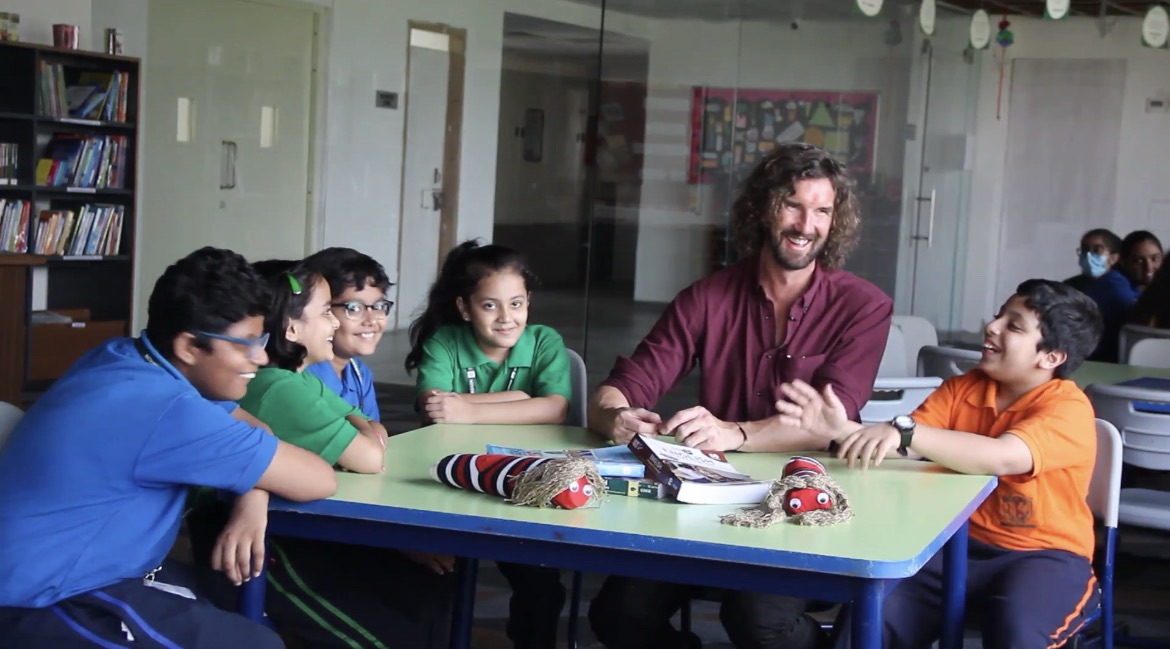
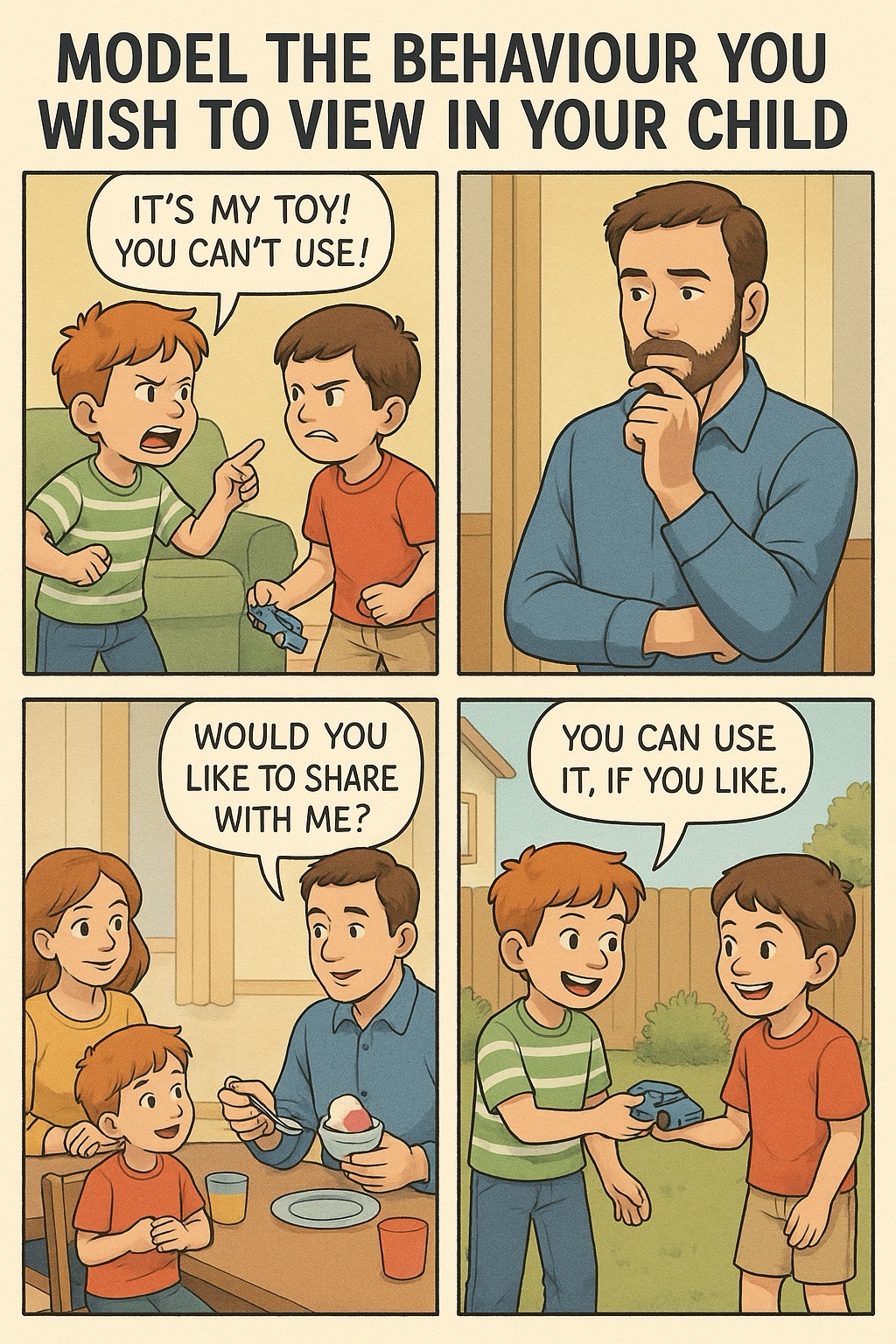
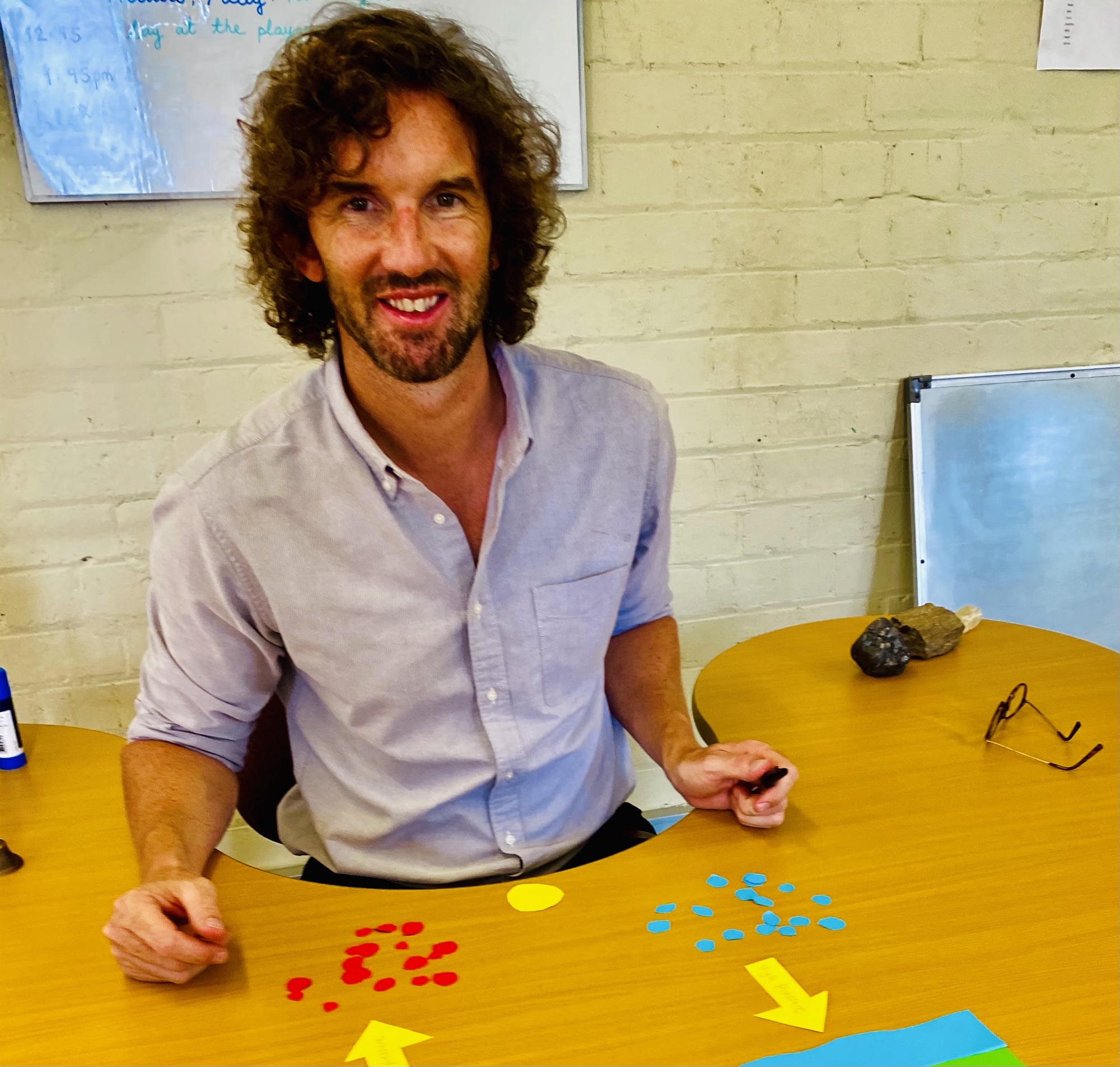


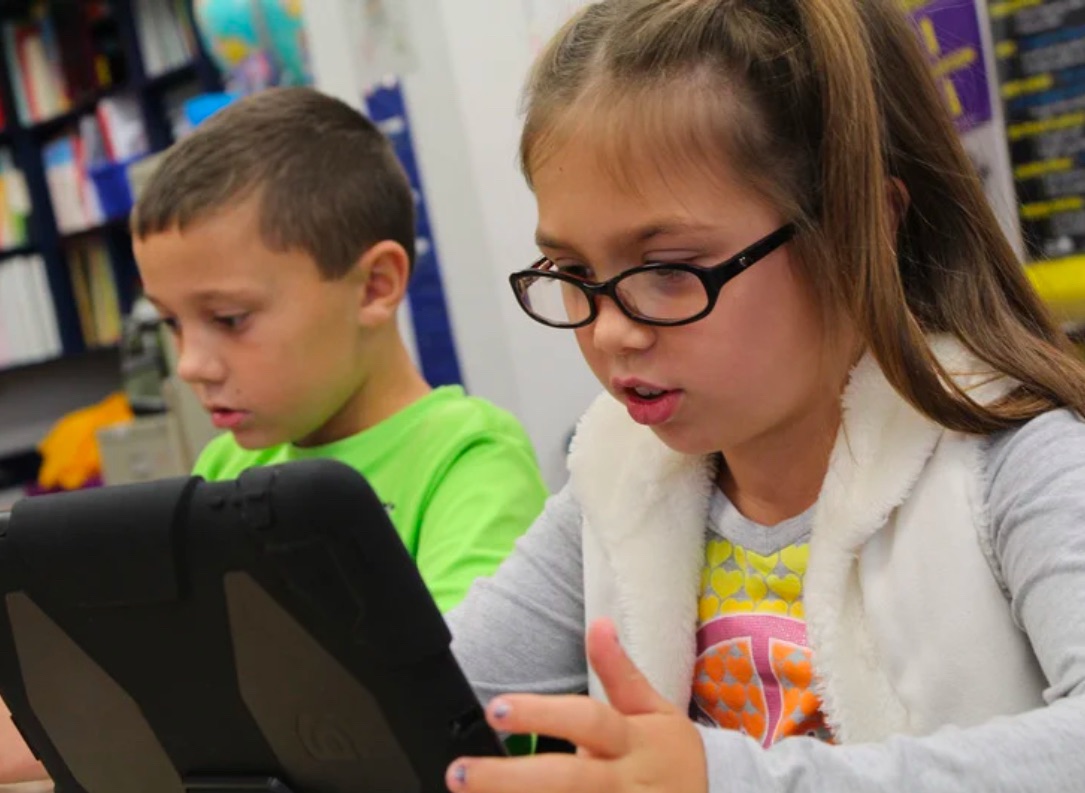
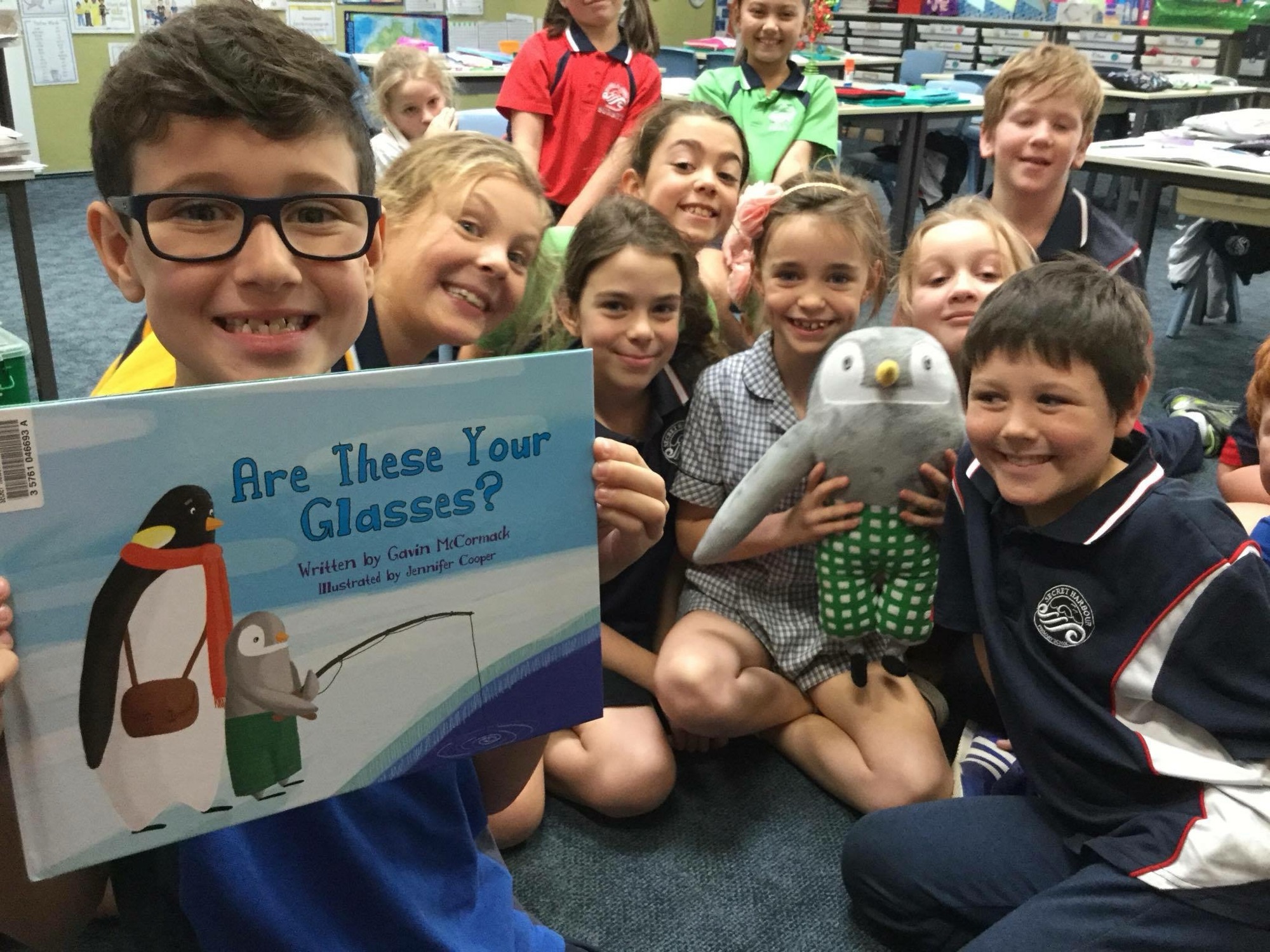
16 Responses
As always, thanks for sharing Gavin.
Great read !
This is so true, helpful and awesome!
Thanks
Great and all I can say true across all age groups and places of learning. Our students do need inspiration, challenge and should be true partners in the learning process. Thank you for posting your lovely text.
Pleasure
Very helpful Gavin! Thanks for sharing
Pleasure
Couldn’t be more true!
Bingo
Really enjoy following your ideas,stories, beliefs and agree with all of your principles!Having just read number 10 on the great teacher list,that needs to be modified for my classes.i teach english as a second language and so grammar etc. Could be hard to teach like this.have you any suggestions? Thanks a million
I’ll see what I can do
Brilliant!!I just have to share this now. Thank you, Gavin
Share away
Always great! Thank you!!
Thank you, each time I read it, I pick up even more ideas and light bulb moments